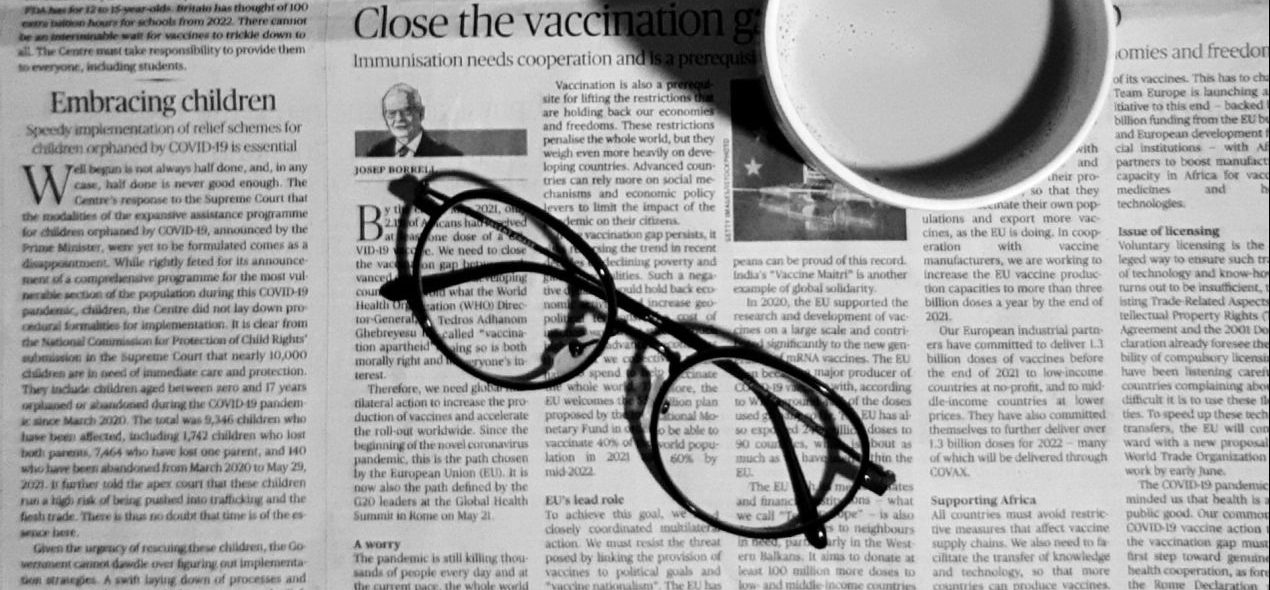The journey of journalism since The Boar was born
The pinnacle of commenting on the world around us is journalism. In the 50 years since The Boar joined a long line of newspapers amplifying the student voice, in effect everyone’s voice has been amplified but in doing so are we all silenced in the cacophony?
Camera crews have been compacted into the pockets of almost every person walking down the street
It goes without saying that the greatest paradigm shift that the world of journalism has faced is the advent of social media. Gone are the days of flash news being the breaking headline the next morning, now it’s the next minute. The power we as individuals hold (quite literally) in the palm of our hands is something I still don’t think we fully understand yet. However, whether this power is as truly distributed as it principally proposes to be is immensely contentious. While it remains that one click can start a crusade and each like can light the fire of a discourse further, traditional news institutions have not lost their standing as the reputed sources of information that we ultimately defer to. Yet their competition for relevance is no longer just each other, but also us.
Television news’ entrance to the journalistic scene in the ‘50s saw a large shift in reporting that no longer relied on the written word to convey both facts and feelings and with the introduction of live broadcasting in the ‘60s, the ability to see what was happening across the world in real time has forever changed our awareness of the world around us (even across the other side of the planet). But camera crews have now been compacted into the pockets of almost every person walking down the street, meaning stories break everywhere exactly as they’re happening, and our reliance on institutional news outlets is lower than ever before.
Outlets end up sacrificing journalistic integrity in the search for a viral article
However, these outlets still stand strong, as they have learned to adapt to the digital age just as we all have. Print journalism may still be yet to die a dramatic death (you’re likely reading this article on a physical paper), but it is surely being replaced by the internet (like how this article will also be uploaded to The Boar site). Nevertheless, it remains that to consider modern media sources, such as the Internet, as eradicating print and television news is much more prominent in developed countries, where internet connectivity is significantly more ubiquitous than in developing nations. Having said this, there still emerge privately-owned media outlets that provide competition for state broadcasters in both developed and developing nations. So states no news outlets today have a monopoly over the market and so are forced regardless of where in the world we are considering, in democratic to find innovative ways to capture their audience (and so market share).
Here lies the next big problem: the profit focus of publications. In both the ‘rush to publish’ and while competing for clicks, outlets can end up sacrificing journalistic integrity in the search for a viral article, or forgo crucial fact checking that results in an embarrassing withdrawal of an article, and worse still the decline of public trust in traditional journalism. If we find ourselves in a position where once reputed media sources are just as dubious as your neighbour and their Twitter account, then we truly are in a state where we can hear everyone’s voice but we will listen to none. However, this is a future we aren’t likely to encounter; in the face of the proliferation of the Internet, the accompanying spread of fake news (especially from certain politicians) has largely successfully been combatted by the reputed news sources that lay the facts straight.
We now expect journalists to intersperse personality, wit, and their personal life into their work
As everyone begins to harness the power of modern media, from traditional outlets to politicians to the everyday person, we are entering an age where ethical, legal, and technological issues become intertwined in the journalistic sphere. From the still elusive questions of how to police and prevent both fake news and echo chambers, to the increasingly partisan nature of politics and the extent to which journalists can ethically participate themselves without losing objective reporting, to the ultimate question of how long outlets can grasp their hold as more and more people are now competing for our trust, journalism today looks nothing like it did 50 years ago. In an age of social media reporting, we now expect journalists to intersperse personality, wit and their personal life into their work, as well as demanding a mastering of multiple media sources (articles to videos to tweets), when 50 years ago we were still in awe of the single reporter broadcasting to us live.
Everyone has an opinion, but most significantly now almost everyone can publish it. Traditional news hasn’t lost its place yet, but in the hope to not be silenced in the cacophony of everyone’s comments, their goal is to not be caught up in the competition for attention but stay true to their roots of analytic, fact-based and engaging journalism that seeks to inform and champion the everyday person’s right to know what is happening, holding to account those who think they can get away with anything.

Comments